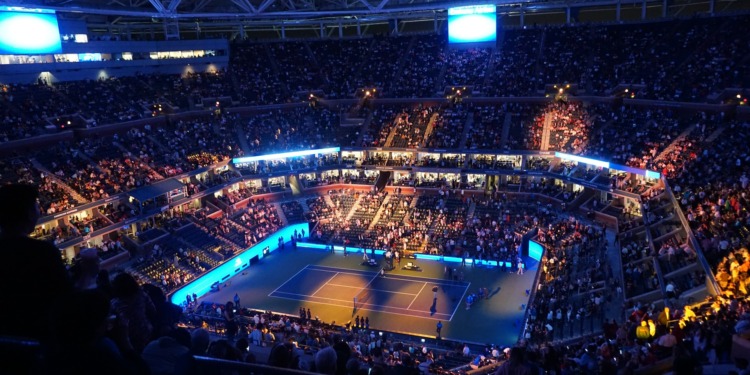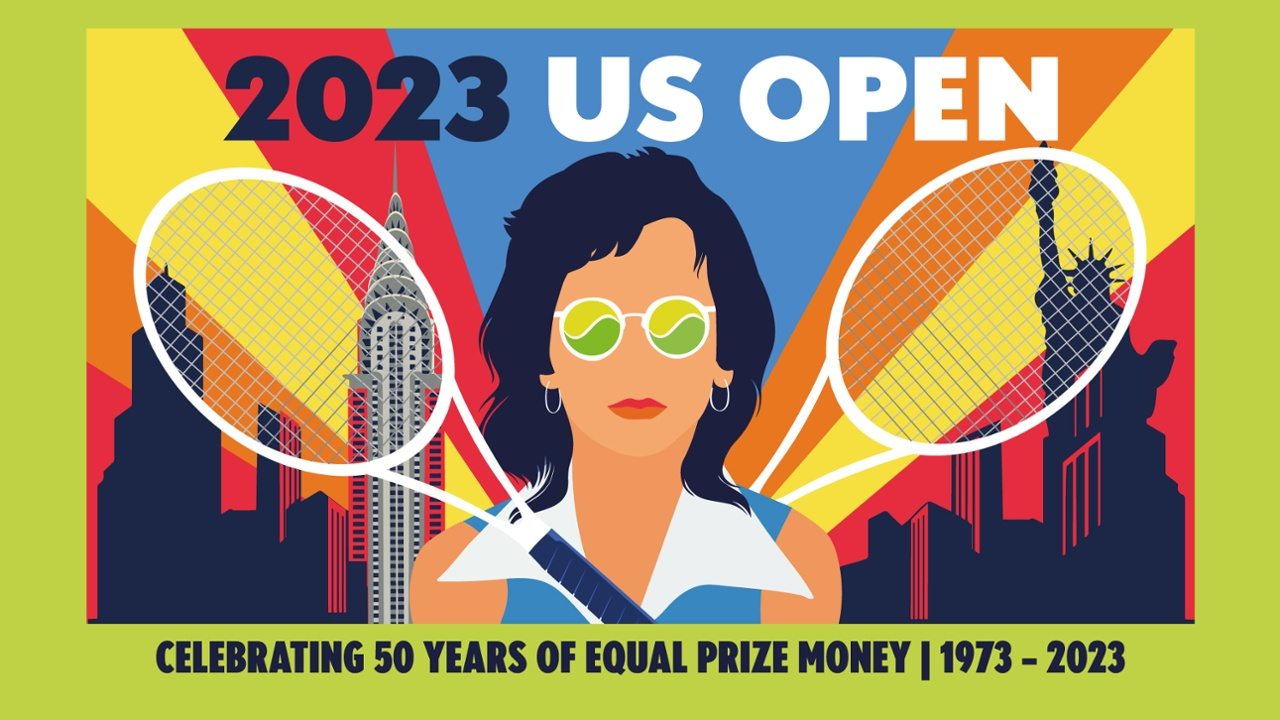The US Open is the last Grand Slam of the tennis season. The tournament facility is home to some of the biggest tennis stadiums in the world, with over 700,000 fans attending just last year. How such a large event can still be sustainable?
The US Open Sustainability initiative
The United States Tennis Association (USTA) began the US Open Sustainability Initiative fifteen years ago with the aim of mitigating the environmental impact of the tournament. Since the program’s inception in 2008, the federation launched a series of projects aimed at curbing the event’s ecological footprint, making it more fit for a sustainable world.
This year also marks the 50-year anniversary of Equal Prize Money for the players competing in the men’s and women’s draw. It was a historic milestone for the sport, especially considering that some tournaments have not achieved it yet.
How effective have all these measures been though, especially compared to the tournament’s European counterparts?
Emission Reductions and Waste Diversion
According to the USTA, the Greenhouse gas emissions of the tournament have been slashed by over 130,000 metric tons, an achievement comparable to removing 1,390 passenger cars from the roads for an entire year. Waste generated during the event, totaling more than 6,500 tons, is now redirected away from landfills.
By composting organic remnants, the US Open has successfully converted nearly 830 tons of food waste into nutrient-rich compost for agricultural use. An additional 185 tons of food has been donated to local communities, underscoring the event’s commitment to social as well as environmental sustainability.
Global Climate Leadership
In 2019, the US Open garnered recognition as one of the initial major North American entities to embrace the United Nations Sports for Climate Action Framework.
Furthermore, in 2022 the US Open reintroduced its carbon offset program, supporting an initiative to help improve cookstoves in Uganda.
RELATED ARTICLES: Roland Garros: Combining the Best of Tennis With the Best Sustainable Practices | Wimbledon Updates Dress Code to Alleviate Period Anxiety for Female Players |
This program offset carbon emissions generated by event operations, player travel, employee commutes, and fan journeys during finals Weekend. However, these drew criticism too, because this initiative did not seem too different from carbon offsetting schemes. Those that have been common during the recent institutional greenwashing scandal.
Reforestation and Collaborative Partnerships
The 2023 edition of the US Open sees the return of the collaborative partnership with “One Tree Planted.” For every player participating, approximately 650 trees will be planted as part of ongoing reforestation projects in California, aimed at restoring U.S. National Forests that have been ravaged by recent wildfires.
However, many feel that the tournament can do much more to support the areas recently ravaged by the disaster. A “Fan Day” with special initiatives dedicated to raising funds for these areas could have been a fantastic event.
Sponsors and partners are also involved in the US Open’s green journey. Evian is aiming to craft all its bottles from 100% recycled plastic by 2025. Comparing this to the French Open where plastic bottles are no longer used shows the different approaches to sustainability between the two tournaments.
Polo Ralph Lauren has committed to using fabrics made from recycled plastic bottles for all US Open staff apparel. Wilson has launched the Eco Overcap, which reduces plastic consumption by half, for its balls’ cans.
Architectural Innovations and LEED Certification
The USTA has secured LEED Silver certification for the Louis Armstrong Stadium since its unveiling in 2018. This achievement aligns with the Leadership in Energy & Environmental Design (LEED) program, and it recognizes outstanding building strategies.
The Louis Armstrong Stadium integrates water-efficient fixtures, low-energy lighting, and recycled materials, thereby boasting a host of sustainable features. This accolade adds to the USTA’s record of achievements, with the Grandstand Stadium and VIP/Transportation Building also having earned LEED certification.
US Open & Sustainability, the journey will continue
With its journey to sustainability spanning over a decade, the US Open stands with the other Major Tennis Tournaments in attempting to minimize their environmental impact. Through sustainable initiatives, the tournament has become more eco-responsible, reducing emissions, diverting waste, and advocating for a greener future.
While there are those who question whether an event of this scale can ever truly be green, the US Open has made the case that it can certainly be part of a greener future.
Editor’s Note: The opinions expressed here by the authors are their own, not those of Impakter.com — In the Featured Photo: The Arthur Ashe Stadium. Featured Photo Credit: Unsplash.











